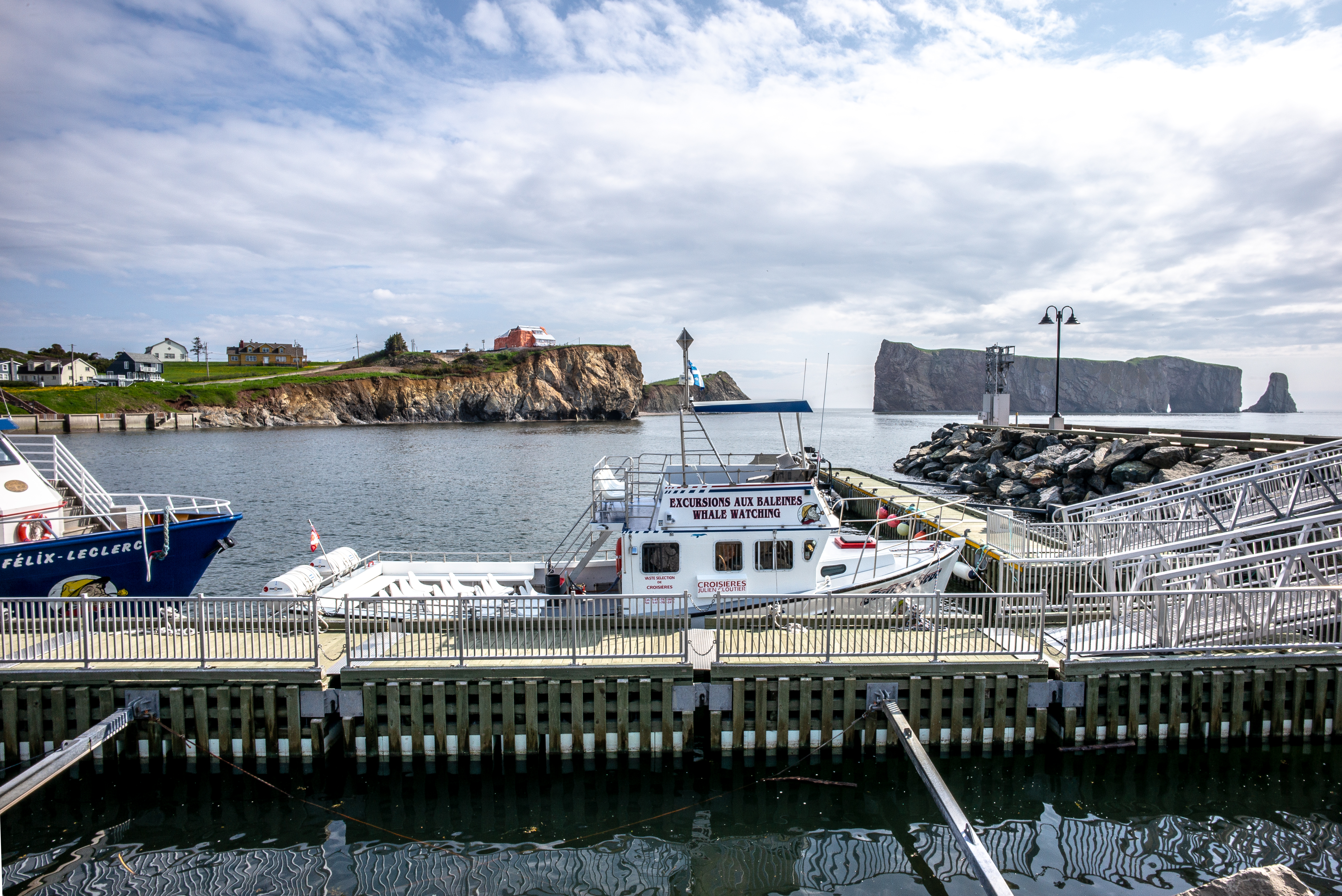
In that time when I took my first steps away from the reliance of childhood towards independence, my brother and I embarked upon a peculiar ritual each morning. Facing the stagnant, heavy airs of humid summer mornings or the bone-chilling winds of winter, together, we arose each day at 5:30 AM to complete the task of delivering the local morning newspaper, the Montreal Gazette. Our route, in Westmount Quebec included the very street we called home—Roslyn Ave—became the stage for an unforeseen turn of events.
On one dreary morning in October of 1970, the winds of change swept through the city, ushering in an era of palpable tension. An eerie sense of foreboding hung in the air, casting a sinister hue over our mundane routine. The streets, once bathed in a cloak of normalcy, were trespassed by armed soldiers, standing like sentinels before unsuspecting homes along our route. Their watchful gazes bored into our souls as we approached, every step scrutinized. And as if their presence wasn’t enough to stoke the flames of unease, the relentless police force, driven by an insatiable hunger for control, inspected our humble paper bags with unsettling frequency. The invocation of the War Measures Act, a desperate response to the abduction of James Cross, the British Trade Commissioner, and the grisly murder of Pierre Laporte, a minister in the Government of Quebec, had thrown our world into disarray.
For over five decades, debates have raged, questioning the very essence of governmental overreach. Was the War Measures Act a necessary evil or an oppressive force choking the life out of liberty? In that harrowing time, however, uncertainty consumed our every thought, rendering us helpless pawns in a grand and terrifying chess game. It is often the way of things, a reflex of human nature to take drastic measures, only to realize their haunting consequences when the smoke clears, and the clarity of hindsight envelops us in its cold embrace. Yet, if memory serves, there existed a concordance, a dark harmony, among the English-speaking community of Montreal—a tacit approval, a whispered complicity in the face of a common fear.
It is a stark reminder, etched in blood and ink, of the fragility of our existence. How effortlessly uncertainty and fear can transform us into creatures of aberration, casting aside the veils of reason and morality. It was a jarring rupture, wrenching us from the halcyon days of the “Summer of Love” and the illusory aura of peace and love that embraced the late 1960s. The world had spun on its axis, and we were mere passengers, clinging desperately to the precipice of normalcy.
Percé, a village lost in the depths of time, now stands as a testament to the perverse allure of tourism. Its very foundations quiver under the weight of an industry driven by insatiable appetites for pleasure and escape. Hotels, restaurants, and bars abound, disproportionate in numbers to the local population. Amidst this carnival of facades, a hub exists—a UNESCO site, a web of trails entwined with the mystical allure of Bonaventure Island, where the cacophony of avian life dances with the ancient sentinel known as Percé Rock. Along the waterfront, dilapidated remnants of a forgotten era rise, slowly being restored to their former glory, an intricate masquerade meant to resurrect a past that exists solely within the confines of our collective imagination. It is a grand performance, a stage upon which history and illusion intermingle in a dance of shadows.
Among our sojourns, we set our sights on Bonaventure Island, perched precariously just off the coast of Percé. A hallowed sanctuary for birds, its hushed shores echo with the cries of a vibrant gannet population. Our vessel, an enigma in this eerie landscape, bore the name Félix Leclerc—a vessel baptized with the fame of the Quebec folk singer whose melodies once resonated through the very fabric of our souls, weaving tales of sorrow and longing. It was a passing curiosity, a fleeting thought, to ponder why this boat, in this place, would bear the weight of his name.
And yet, as fate would have it, the threads of intrigue wove themselves tighter when we ventured into a local restaurant known as La Maison du Pêcheur. In the recesses of its dimly lit interior, whispers of history clung to the air like the scent of old secrets. The menu, a portal to a forgotten era, revealed a hidden truth—a truth that intertwined with the darkness of separatism. This very place, bearing the same name, had once stood as a youth hostel in the twilight of the 1960s. Founded by Paul Rose, Jacques Rose, Francis Simard, and Bernard Lortie—men destined for infamy—they birthed a clandestine collective known as the Chénier Cell, one within the Front de Libération du Québec. It was this sinister cabal that bore the weight of the crimes committed in that harrowing year of 1970—the abduction of James Cross, a captive torn from the fabric of security, and the savage murder of Pierre Laporte.
And so, the shadows lengthen, and the echoes of our past reverberate through time. In the annals of history, the intertwining of innocence and malevolence were woven together into a tapestry that only became visible these 50 years later.
1: La Maison du pêcheur — Wikipédia
2: October Crisis – Wikipedia

Leave a Reply